It’s time to take a stand against unwanted guests at summer picnics. That’s right, we’re talking about mosquitoes. Nothing ruins a backyard barbecue like the smell of mosquito repellant wafting through the air, not to mention itchy, swollen bug bites. Fortunately, some household items can work double-duty as a mosquito repellant and are surprisingly effective. Here are some fast, simple, realistic ways to create homemade mosquito repellents using items you might already have.
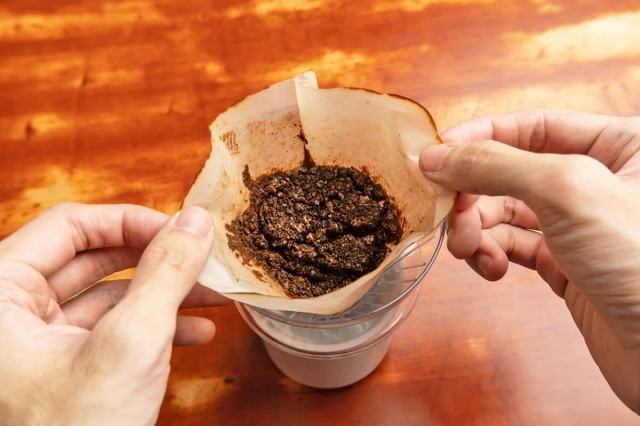
Coffee Grounds
Don’t toss your leftover coffee grounds in the trash just yet. Although coffee is part of many morning routines, insects don’t share in this ritual — they downright hate coffee. According to the pest control experts at Mr. Mister Mosquito Control, “Mosquitoes are repulsed by all types of coffee, whether it is fresh, used, or burnt.” Sprinkle coffee grounds around your patio, pool, garden beds, and potted plants. (Coffee grounds also have vital nutrients that can boost plant health.) For even better results, burn coffee grounds to amplify the smell. To do this, find a heat-safe container, such as a recycled candle jar, and pack in the grounds. Then, light the grounds at the center and watch the coffee-scented smoke effectively repel unwanted garden guests.
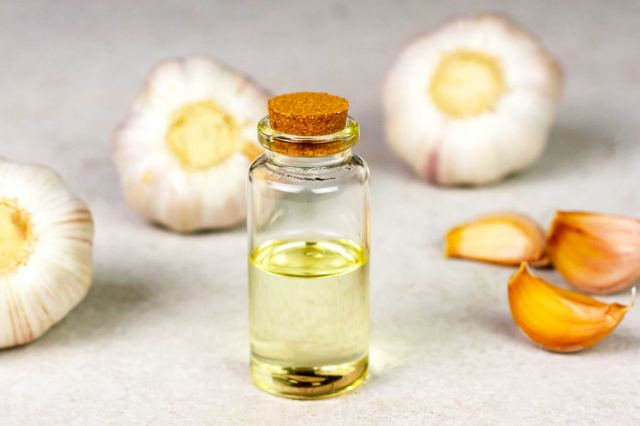
Garlic
Do-it-yourself sprays are a low-cost and effective way to dissuade mosquitoes. One of the best sprays is garlic oil — it’s even used in professional pest control products. Mosquitoes dislike the sulfides in garlic, which give it its pungent smell, so they’ll steer clear of your home. To make garlic spray yourself, blend a few cloves of garlic and water, then strain the mixture into a spray bottle using a mesh colander. Fill the rest of the bottle with warm water, shake, and spray away.

Essential Oils
Mosquitoes hate lemongrass, thyme, chamomile, cedarwood, rosemary, citronella, eucalyptus, tea tree, and lavender essential oils. These can be added (a few drops at a time) in water to make a spray for inside and outside the home and on yourself. “These essential oils are found to be a mask for the odors that female mosquitoes are attuned to when searching for a blood meal,” explains pest control specialist Shannon Harlow-Ellis. If you’re wondering how long these DIY repellents last, follow this rule: “Once the fragrance is gone, the repellency is gone,” says Rita Stadler of Earth Kind. You should be ready to reapply repellent frequently to reap the benefits.
Reader Favorites
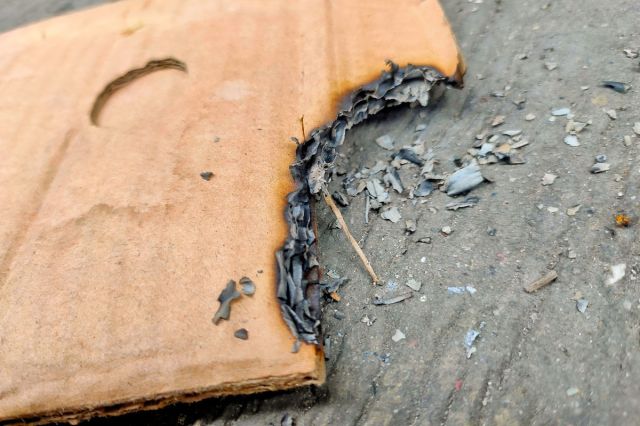
Cardboard
Mosquitoes can’t stand smoke, but sometimes, lighting a roaring campfire in the middle of the day isn’t practical. Instead, head to your recycling bin. You can burn any type of cardboard box, including egg cartons (not the styrofoam kind), pizza boxes, and drink holders. Place the cardboard somewhere safe to burn, such as in a firepit on your grill, and let it rip. You’ll be pest-free in no time.
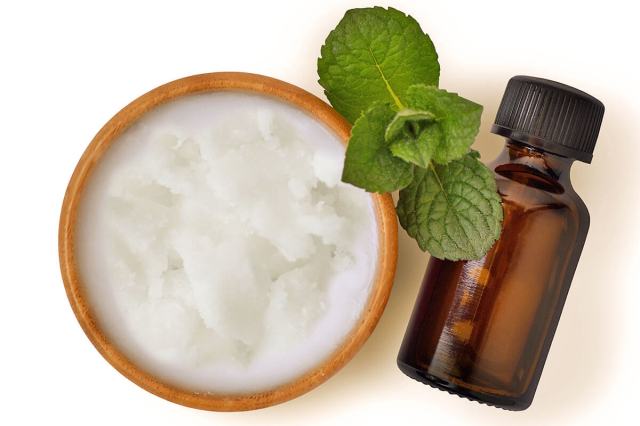
Coconut Oil
This Martha Stewart-approved DIY mosquito repellent lotion will surely be a summertime hit — you can even make it with your kids. All you need is two ingredients: coconut oil and peppermint essential oil. Mix around one-third cup of coconut oil with 15 drops of peppermint essential oil and store in an air-tight jar. This mixture will be very soft or liquid at room temperature, but storing it in the fridge transforms it into a solid lotion. Apply it with your hands anywhere on your skin to deter mosquitoes. Tip: If you aren’t a fan of peppermint, use a different essential oil.
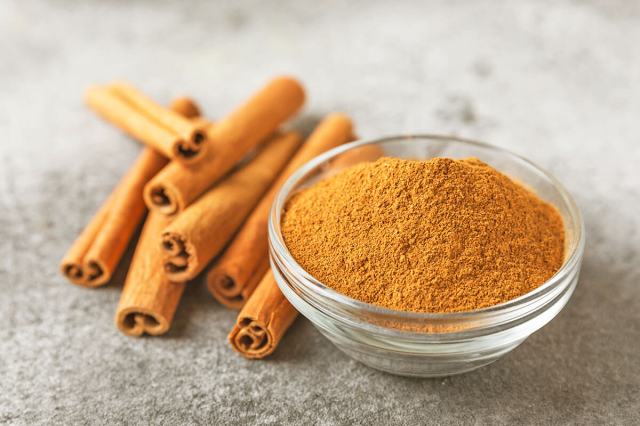
Cinnamon
Cinnamon can repel all sorts of insects. Brunch With Babs, who has reached millions on social media, shared her go-to recipe for cinnamon spray. Whisk two teaspoons of cinnamon powder into four cups of warm water. Let it steep for a few minutes (as you would tea), and drain it into an empty spray bottle using a mesh colander. Next, add half a teaspoon of rubbing alcohol and half a teaspoon of dish detergent. Shake to mix and spray it anywhere outside — it can even be used on yourself! Tip: Cinnamon sticks can have the same effect, so try using them as table decorations or garnishes during your picnics.
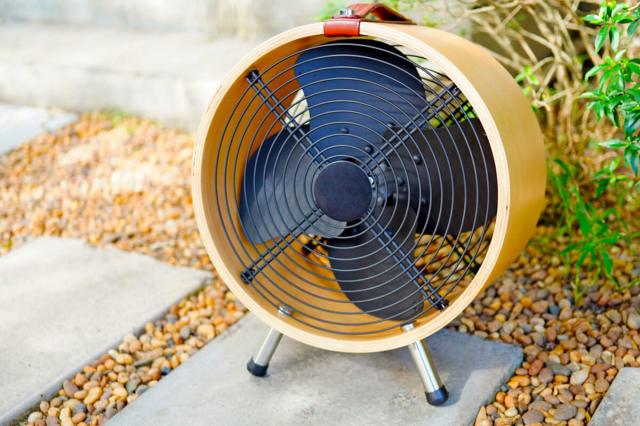
Outdoor Fans
Move any portable fans outside when prepping for a summertime picnic or outdoor dinner. Mosquitoes are naturally weak fliers, so you might’ve noticed you get more bites on still, humid days than on breezy ones. Fans disrupt airflow enough to block the bugs’ paths. Studies also suggest that fans help disperse odors and confuse mosquitoes, who follow chemical cues when searching for their next meal. Any fan will do, but an oscillating pedestal fan is the best option to cover a large outdoor area such as a patio. This option from Lasko is a great choice and is backed by over 1,500 strong reviews.

Birds
Lure mosquito-eating predators into your yard with items you already have in your home. Birds are an incredible natural mosquito repellent — they eat hundreds of insects daily. Attract more birds to your home by keeping your bird feeders well-stocked. To find which bird seed is best for your yard, research what your local bird population eats. Some DIY birdseed items you might already have around the house include peanuts, cracked corn, almonds, oats, pecans, walnuts, dried fruit, and sunflower seeds. You can also make DIY bird feeders using empty bottles or milk cartons.
More From Our Network
Better Report is part of Inbox Studio, which publishes content that uplifts, informs, and inspires.













